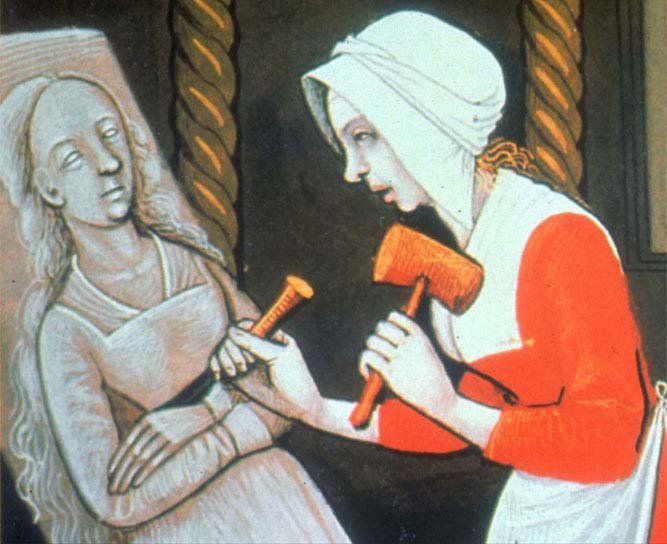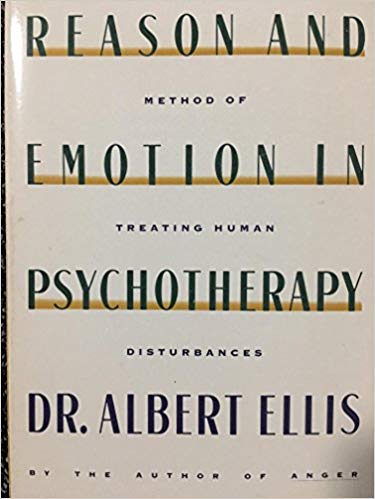Creative Self Blog

Nowadays, there's plenty enough food and other essential "goods" to go around for all of us, yet our competitive nature - and culture - remain.
*
"Success" is most often defined in material terms, the message being that "winners" and "losers" are those more or less successful at competing - for example at sporting, academic or other contests.
Our value system reflects this, so that "good" people are regarded as those good at competitions and contests, perhaps in that they are materially wealthy, "beautiful", muscley or slim.
Losers are regarded as inferior, even "bad". Yet by the logic of competition, there must always be losers.
Even if we're incredibly gifted and hardworking, how long can we keep it up being "the best"? Can we always be a "winner" as defined in these terms?
*
Here's another possibility: just by being ourselves, we are "the best" already. Being ourselves is a "competition" that only we can ever win.
*
To be ourselves means to deal with the myriad distractions that threaten to take us away from ourselves. Read here for how forces such as fear and anger can work to distract us from ourselves.
Nonetheless, taking that challenge - and being on that "journey" - is success enough.
If we trust ourselves - and our own human potential - what it takes to be good and "successful will be taken care of.
The prize is our own - creative - self.
Just be prepared to be surprised to the upside.

This blog was inspired by the BBC Radio programme “When Greeks Flew Kites” , airing 4th March 2019, that looked at shame.

Nowadays, cognitive behavioural therapy (CBT) is a mainstream means of helping people with illnesses like anxiety and depression.
CBT began in 1955, in the form of REBT - “Rational Emotive Behaviour Therapy” - as introduced by Albert Ellis. Ellis's key concept was that persisting emotional distress very often goes with sets of irrational ideas and beliefs.
Ellis observed how people can tend to take their experiences too personally - in the sense that they can take them as defining who they are for all time. Hence, to suffer a setback, for example, can be taken to "mean" that we are inherently “unlucky” or "a failure”.
In other words, we can suffer from sweeping generalisations ( see “parrot perception” ).
Typical of this is to see only “the bad” in something or someone, perhaps even in our own self ( see “swan perception” ).
Ellis's solution is to keep a calm, rational perspective on the things that happen to us, and to be a little more accepting of reality.
For Ellis, we can afford to have a little more faith in life and in what it holds in store. We can afford to give a little more credit for our human potential - and for our ability to emerge from our past struggles in a good place.
We have to break the tendency for “negative event” (e.g. failing at a job application) to lead to “negative thinking” (“I am a loser”). This tendency, Ellis saw as the very essence of irrational thinking - a thinking that, all too often, is automatic ( see “stressed perception” ).
Ellis recommended that we become more aware of our irrational thinking in response to events. Challenge our irrational thinking, he suggested, and switch to thinking about our life in a more proportionate, rational way.
Meanwhile, we must avoid the common trap of associating our “negative” feelings and thinking with the “negative events” that apparently trigger them.
*
In my book The Creative Self , I offer a perspective on irrational thinking and skewed perception based on four “stress forces” of fear , anger , compulsive desire and gloom - as can seed within our mind misleading stories and false narratives.
For a technique by which we can increase our awareness of these “stress forces” and take back ownership of our thinking and our real
self - as truly ours
- click here.

Nowadays, there's plenty enough food and other essential "goods" to go around for all of us, yet our competitive nature - and culture - remain.
*
"Success" is most often defined in material terms, the message being that "winners" and "losers" are those more or less successful at competing - for example at sporting, academic or other contests.
Our value system reflects this, so that "good" people are regarded as those good at competitions and contests, perhaps in that they are materially wealthy, "beautiful", muscley or slim.
Losers are regarded as inferior, even "bad". Yet by the logic of competition, there must always be losers.
Even if we're incredibly gifted and hardworking, how long can we keep it up being "the best"? Can we always be a "winner" as defined in these terms?
*
Here's another possibility: just by being ourselves, we are "the best" already. Being ourselves is a "competition" that only we can ever win.
*
To be ourselves means to deal with the myriad distractions that threaten to take us away from ourselves. Read here for how forces such as fear and anger can work to distract us from ourselves.
Nonetheless, taking that challenge - and being on that "journey" - is success enough.
If we trust ourselves - and our own human potential - what it takes to be good and "successful will be taken care of.
The prize is our own - creative - self.
Just be prepared to be surprised to the upside.

This blog was inspired by the BBC Radio programme “When Greeks Flew Kites” , airing 4th March 2019, that looked at shame.

Nowadays, cognitive behavioural therapy (CBT) is a mainstream means of helping people with illnesses like anxiety and depression.
CBT began in 1955, in the form of REBT - “Rational Emotive Behaviour Therapy” - as introduced by Albert Ellis. Ellis's key concept was that persisting emotional distress very often goes with sets of irrational ideas and beliefs.
Ellis observed how people can tend to take their experiences too personally - in the sense that they can take them as defining who they are for all time. Hence, to suffer a setback, for example, can be taken to "mean" that we are inherently “unlucky” or "a failure”.
In other words, we can suffer from sweeping generalisations ( see “parrot perception” ).
Typical of this is to see only “the bad” in something or someone, perhaps even in our own self ( see “swan perception” ).
Ellis's solution is to keep a calm, rational perspective on the things that happen to us, and to be a little more accepting of reality.
For Ellis, we can afford to have a little more faith in life and in what it holds in store. We can afford to give a little more credit for our human potential - and for our ability to emerge from our past struggles in a good place.
We have to break the tendency for “negative event” (e.g. failing at a job application) to lead to “negative thinking” (“I am a loser”). This tendency, Ellis saw as the very essence of irrational thinking - a thinking that, all too often, is automatic ( see “stressed perception” ).
Ellis recommended that we become more aware of our irrational thinking in response to events. Challenge our irrational thinking, he suggested, and switch to thinking about our life in a more proportionate, rational way.
Meanwhile, we must avoid the common trap of associating our “negative” feelings and thinking with the “negative events” that apparently trigger them.
*
In my book The Creative Self , I offer a perspective on irrational thinking and skewed perception based on four “stress forces” of fear , anger , compulsive desire and gloom - as can seed within our mind misleading stories and false narratives.
For a technique by which we can increase our awareness of these “stress forces” and take back ownership of our thinking and our real
self - as truly ours
- click here.
